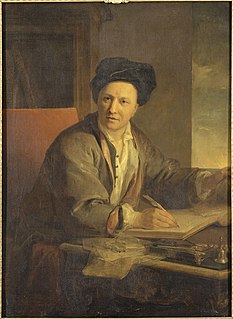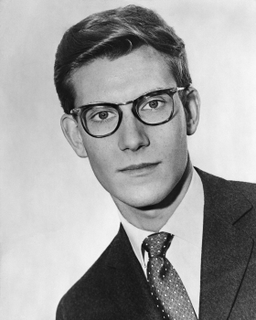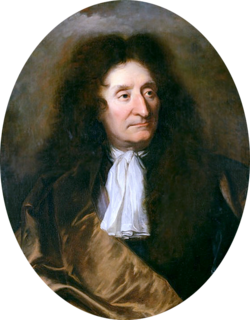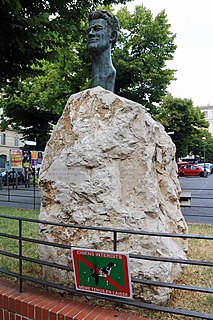A Quote by Blaise Pascal
Rivers are roads that move and carry us whither we wish to go.
[Fr., Les rivieres sont des chemins qui marchant et qui portent ou l'on veut aller.]
Related Quotes
The concept of absolute, hence (or whence) springs, in the moral field, the moral laws or norms, represent, in the field of knowledge, the principle of identity, which is the fundamental law of the thought; norms of logic springs from it, that govern the thought (or mind) in the field of science." ("Le concept de l'absolu, d'où découlent, dans le domaine moral, les lois ou normes morales, constitue, le principe d'identité, qui est la loi fondamentale de la pensée; il en découle les normes logiques qui régissent la pensée dans le domaine de la science.")






































